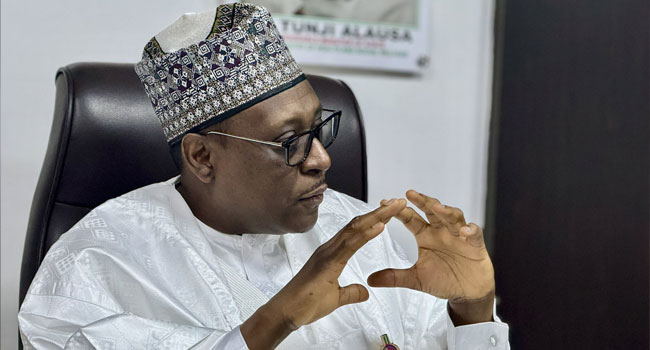The Federal Government of Nigeria is taking steps to address the escalating costs of essential medicines and healthcare products, according to the Coordinating Minister of Health and Social Welfare, Professor Muhammad Ali Pate.
Strategic Procurement for Health Accessibility
During the Universal Health Coverage (UHC) Day celebration in Abuja, Prof. Pate announced a governmental strategy aimed at providing relief to citizens by procuring essential medicines. He explained that this initiative is part of the broader three-year Presidential Initiative for Unlocking the Healthcare Value Chain, which was launched a year prior to enhance healthcare access and affordability across Nigeria.
Boosting Local Manufacturing
The minister highlighted plans for the medium and long term, which include boosting local pharmaceutical production to lower costs and ensure a steady supply of medicines within the country. “This initiative will significantly contribute to reducing the financial strain on families and support the UHC goals by making healthcare more accessible,” Pate remarked.
Expanding Health Insurance Coverage
On the topic of health insurance, Prof. Pate shared some encouraging statistics. “Our administration has increased health insurance coverage by 14% this year alone, adding another 2 million people to the scheme, bringing the total number of insured lives to 8 million,” he noted. This expansion aims to combat the high out-of-pocket expenses that have historically led to financial hardship for many Nigerians.
Financial Support for Vulnerable Groups
The government has also disbursed ₦45.9 billion through the Basic Health Care Provision Fund, aimed at helping indigent and vulnerable citizens access healthcare services without immediate payment. “This fund works alongside state government equity funds to support those most in need, enhancing our social sector interventions,” Pate explained.
Special Health Programs
Moreover, the minister discussed specific health initiatives, like the ongoing efforts to repair obstetric fistulas. “By October 2024, we’ve completed 879 repairs across 19 centers nationwide, with a target of reaching 2,500 by year’s end. This not only improves health outcomes but also restores dignity to affected women,” he said.
This multi-faceted approach by the Nigerian government underscores a commitment to not only alleviate the financial burden of healthcare but also to promote a healthier nation through strategic policy and direct action.










